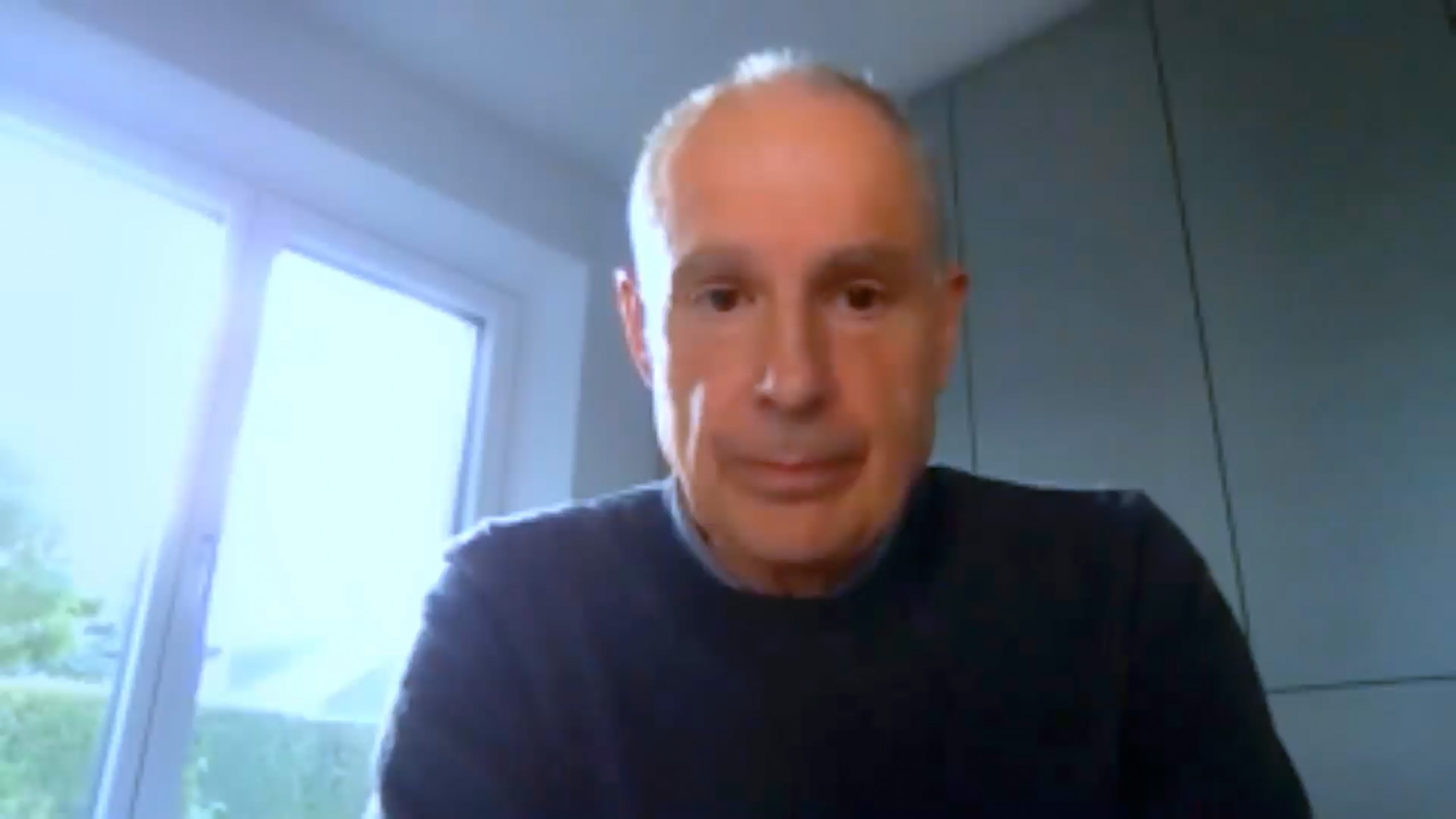
Aldi Market Entry Economics: Cost of Market Entry
Former CEO, Aldi UK
inpractise.com/articles/aldi-entry-economics
Why is this interview interesting?
- Typical capital investment Aldi has to make when entering a new market to reach break-even
Paul Foley
Former CEO, Aldi UK
Interview Transcript
Just to circle back and recap one dimension of this story. It’s come up in a number of ways around private ownership and a business like Aldi and its close peer Lidl being under private ownership, competing with incumbents that are very often in markets like the UK or the U.S. that are listed that have incentive that maybe limit the time horizon by which they’re looking at things. Could you recap for us in its most important forms the advantage that a company like Aldi has had in being privately owned and competing with publicly listed competitors?
First of all, Will, it’s not the only model. There are many models of success. Nevertheless, it works for Aldi and it works extremely well. If you’re privately owned, you can normally afford to be one, very consistent even when times are difficult. Two, you are able to invest to create new markets for the future. Probably for longer and with more patients than with a business that has shareholders who can pick and choose whether or not they invest in company A. Or they leave and invest in company B and are looking for quicker returns on their investment decisions. These facts are clear. You’ve also got to have a good concept because you need to make enough money to be able to stand that.
If I look at Aldi or Lidl’s investment program in big, new countries that they go into. If you add all of the property investments that they make, all the investments in the supply base that they will need to make in the first ten years, and the negative EBITDA they will make to begin with, I’m pretty confident that half a billion U.S. dollars is the war chest you need to go and make it in a new country over the first ten years. If you haven’t got that kind of money, you’re going to have to borrow it and pay that back to someone else. You’ve got to have a pretty successful business behind you and a lot of confidence to go and invest that money before you see the real returns that particular market can deliver. Aldi certainly has that confidence and it has that financial power to be able to do it. That’s a story since back in the 50s that the business has been built on some very clear principles and has been built in a very successful way. Even with a few mistakes along the way, it’s always stuck to its basic principles.
Copyright Notice
This document may not be reproduced, distributed, or transmitted in any form or by any means including resale of any part, unauthorised distribution to a third party or other electronic methods, without the prior written permission of IP 1 Ltd.
IP 1 Ltd, trading as In Practise (herein referred to as "IP") is a company registered in England and Wales and is not a registered investment advisor or broker-dealer, and is not licensed nor qualified to provide investment advice.
In Practise reserves all copyright, intellectual and other property rights in the Content. The information published in this transcript (“Content”) is for information purposes only and should not be used as the sole basis for making any investment decision. Information provided by IP is to be used as an educational tool and nothing in this Content shall be construed as an offer, recommendation or solicitation regarding any financial product, service or management of investments or securities.
© 2026 IP 1 Ltd. All rights reserved.


